Steven Van Zandt: "The bands that grew up as dance bands had that extra energy, like The E Street Band, like The Beatles, like the Stones"
Classic interview: Springsteen's trusted collaborator talks technique, honesty and the five crafts of guitar and rock 'n' roll
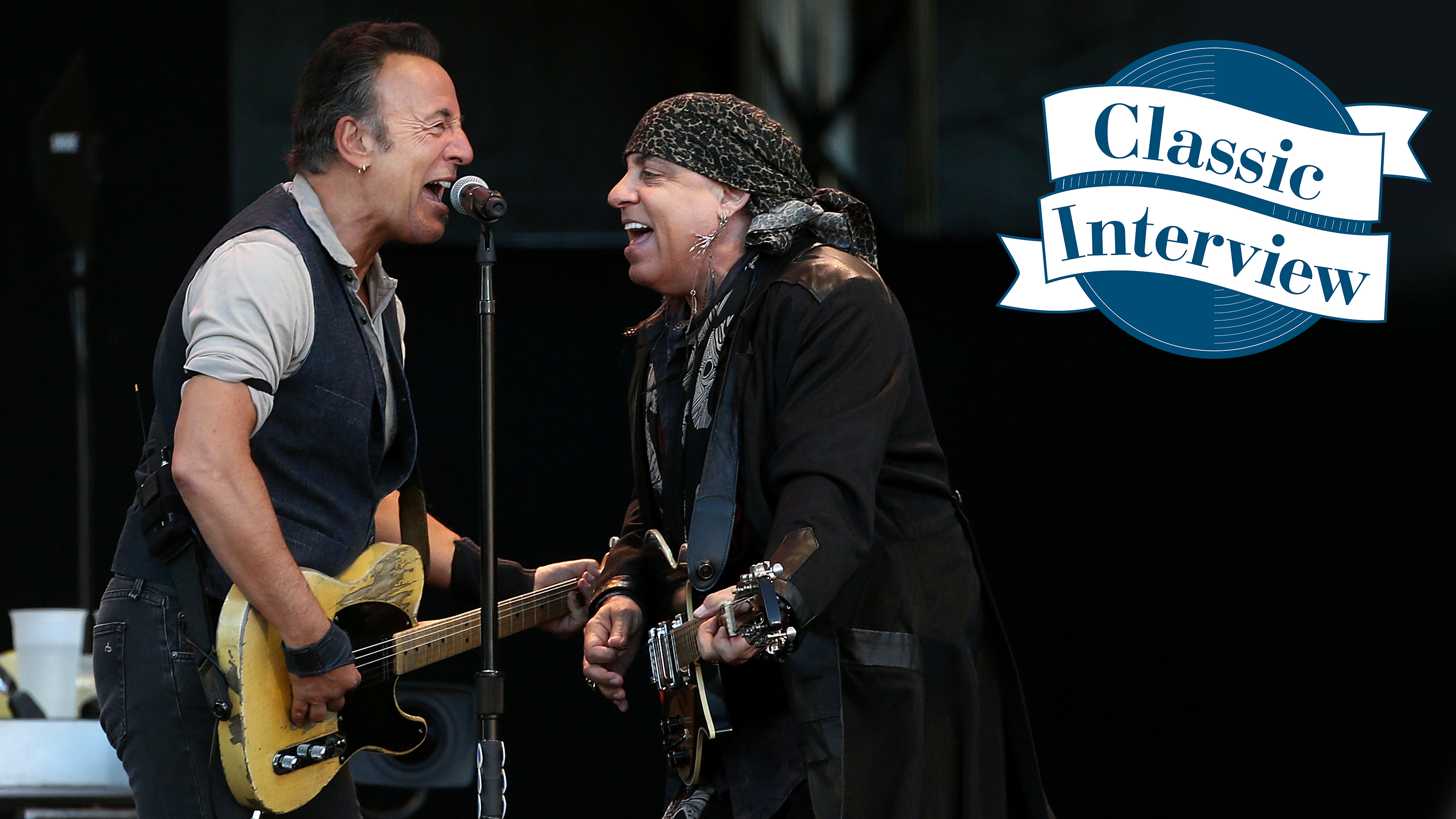
Want all the hottest music and gear news, reviews, deals, features and more, direct to your inbox? Sign up here.
You are now subscribed
Your newsletter sign-up was successful
You know Steven Van Zandt. He is the E Street Band’s self-described ‘consigliere’ and six-string commandant. A man who went from bar band to stadium conductor with Bruce Springsteen, but still found time for a major role in the greatest TV series of all time and a politically-motivated solo career as Little Steven, which he used to help end apartheid in South Africa.
He knows everyone. The Boss was the best man at his wedding - an event that was officiated by Little Richard and featured a reception set from Percy Sledge. He has recently jammed with Paul McCartney. He has an astounding knowledge of the golden era of rock ’n’ roll, which he regards as America’s Renaissance period. He views music as if from an aerial perspective - a rich map of clear connections.
He is warm and funny. His speech is interspersed with furtive asides that feel conspiratorial and accommodating - as if he’s making you part of the secret. When we run out of time, which passes quickly in his company, he courteously extends our conversation, pushing back his other interviews: ‘Do you have time to keep going?’, he asks us. Erm, yes Stevie, we do…
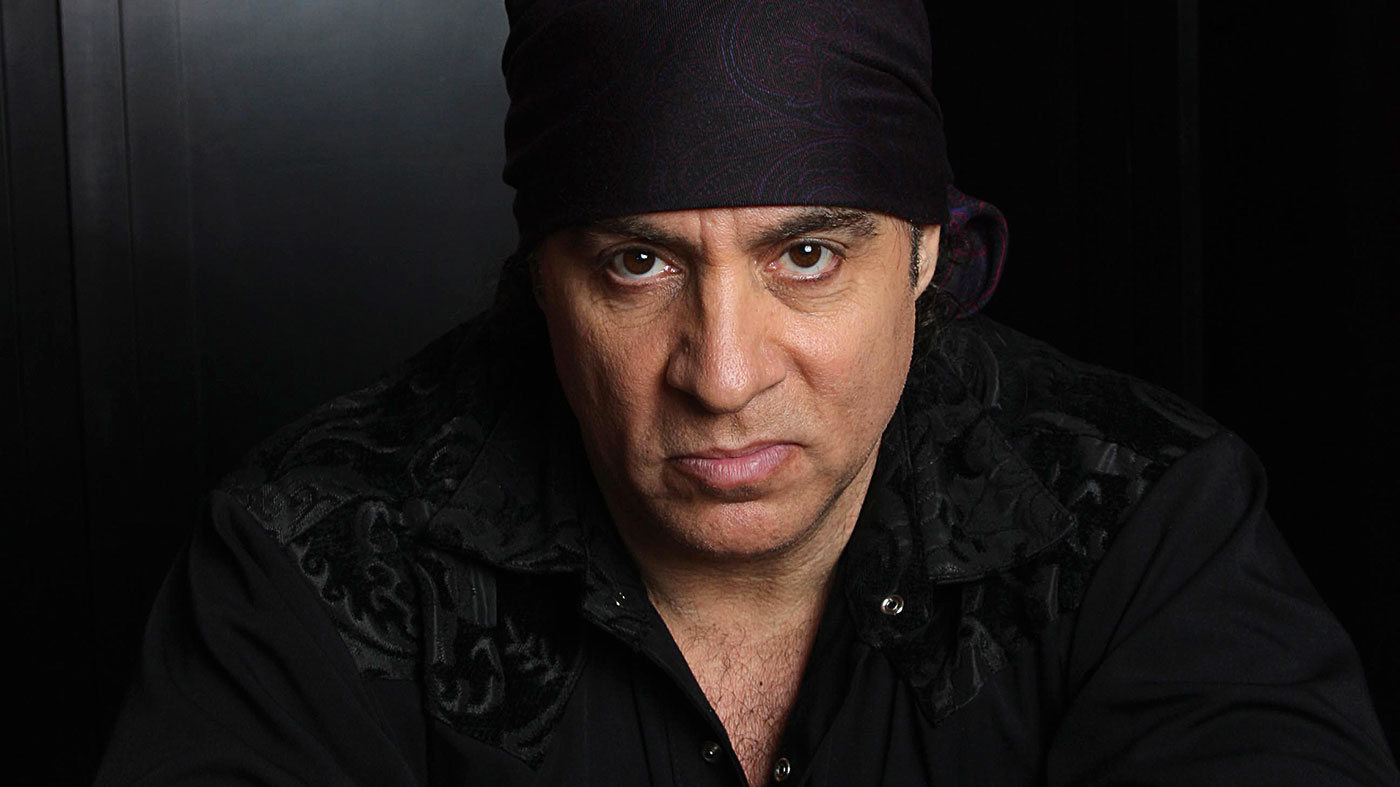
Go beyond your instrument
Playing, maintains Stevie, is just the beginning…
“We’re always thinking when we start to get into this stuff that there’s really only one craft. That you just have to play guitar. But when you get into it, it’s really five crafts that you should learn: your instrument, then arrangement, performance, writing and recording.
The bands that grew up as dance bands had that extra energy, like The E Street Band, like The Beatles, like the Stones
“So the first thing you do is you learn your instrument. The second thing is arrangement, which is pulling apart these records and putting them back together. Then you find a band and you find what you have in common, you discuss what your favourite records are. Now you start to learn those 50 songs that are going to be the bulk of your show for your garage band or bar band. That requires that analysis, that arrangement. What are the drums doing? Why? What’s the bass doing? What are the chord changes? What’s the melody? Why does that melody work with that set of chords? What sort of emotion does that evoke?”
Make them dance
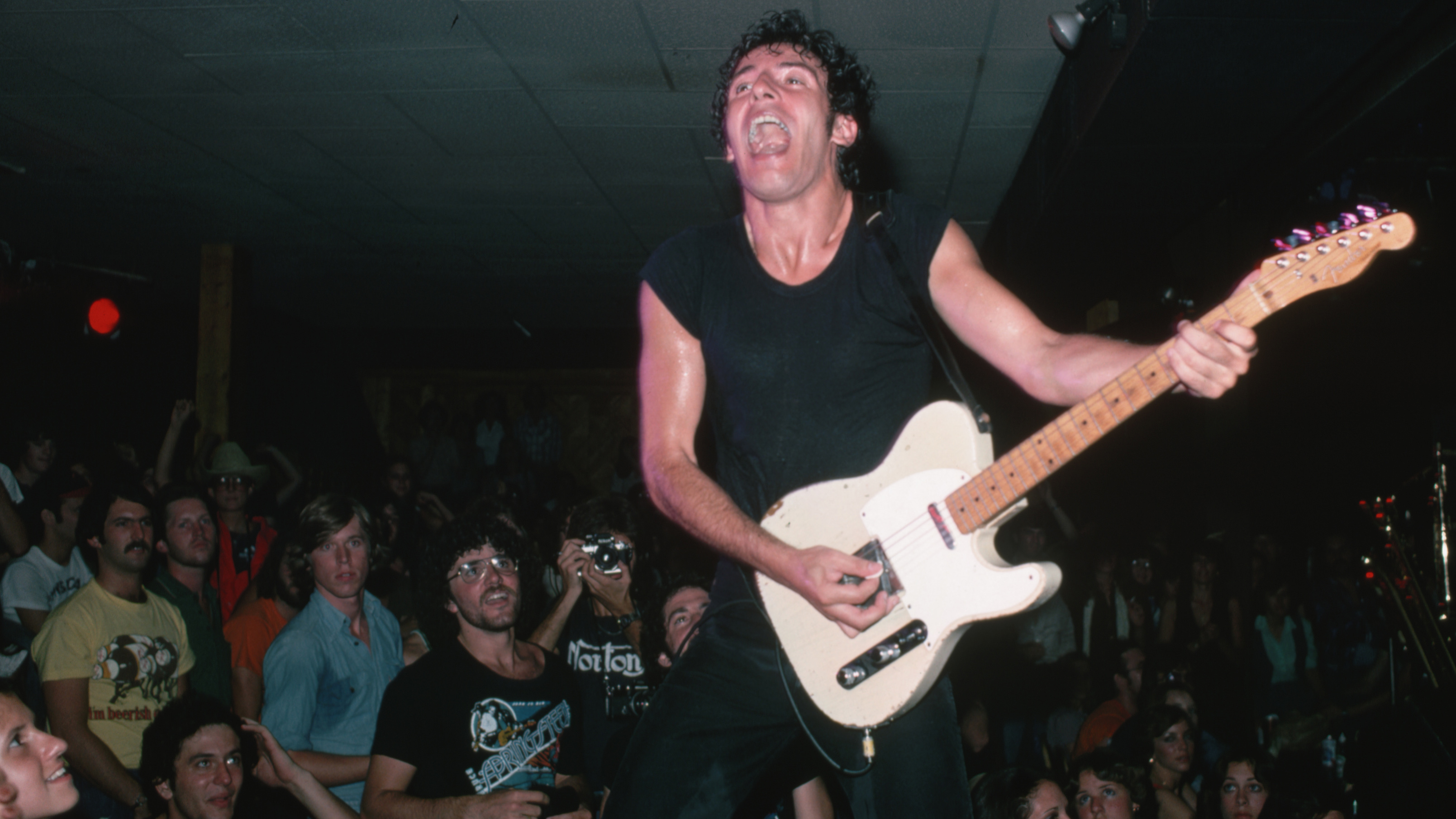
Don’t underestimate the benefit of slogging it out onstage…
Want all the hottest music and gear news, reviews, deals, features and more, direct to your inbox? Sign up here.
“The third craft is performance, live performance, which is an extraordinarily important part of the learning process that a lot of people are skipping these days. They go right to the computers with their stuff and it’s really a big mistake. You wanna learn how to perform. You wanna learn how to interact with an audience. You wanna see what effect these songs have.
“It was easier for us, when we grew up, because we all had to be dance bands. People danced to rock ’n’ roll, so you had to get people out of their seats. If you didn’t make them dance, you weren’t going to be working next week! If you notice, the bands that grew up as dance bands had that extra energy, like The E Street Band, like The Beatles, like the Stones. It was the same thing for The Who. We took that energy into the concert world, which is why those bands that I just listed tend to be more exciting live. They had to be!”
Always meet your own standards
Don’t just settle for good ‘for you’
“By learning your 50 favourite songs, you’re setting your standard. This is incredibly important for the fourth craft: composition. You’re writing a song and you’re going to play it in your set and it has to be almost as good as the other songs you’re playing. It can’t be completely different, it can’t be inferior, so you have to try and write a song that’s very similar. That requires a standard.
Every single thing we do as an artist, we think is perfect and the truth of the matter is… it ain’t!
“If you’re not comparing yourself to the best songs possible, then you’re not going to be writing very well. We used to play I Don’t Wanna Go Home [with Southside Johnny and The Asbury Jukes] and I’d tell everybody it was a Drifters song. I was a bit embarrassed to say that we actually wrote something!”
Do. Not. Produce. Yourself
The downside to DIY production
“The fifth craft is recording. And that’s not to say that you should be producing yourself, because you shouldn’t! You think you’re acting as a producer, but you’re not; you’re the artist and the artist is producing - and you don’t want the artist producing! Because the artist is emotionally engaged, as he/she should be, in every single note of the composition, every single note of the arrangement. Every single thing we do as an artist, we think is perfect and the truth of the matter is… it ain’t!
“You need somebody you can trust who can say, ‘Listen! Your intention is to do X but at the moment you’re doing Y.’ My philosophy as a producer is simple: with an artist, I’m like, ‘Look, we both have to agree on it, alright? If I can’t talk you into something, or you can’t talk me into something, then it’s out.’ If we both agree on something, the odds are better that it’s the right choice!”
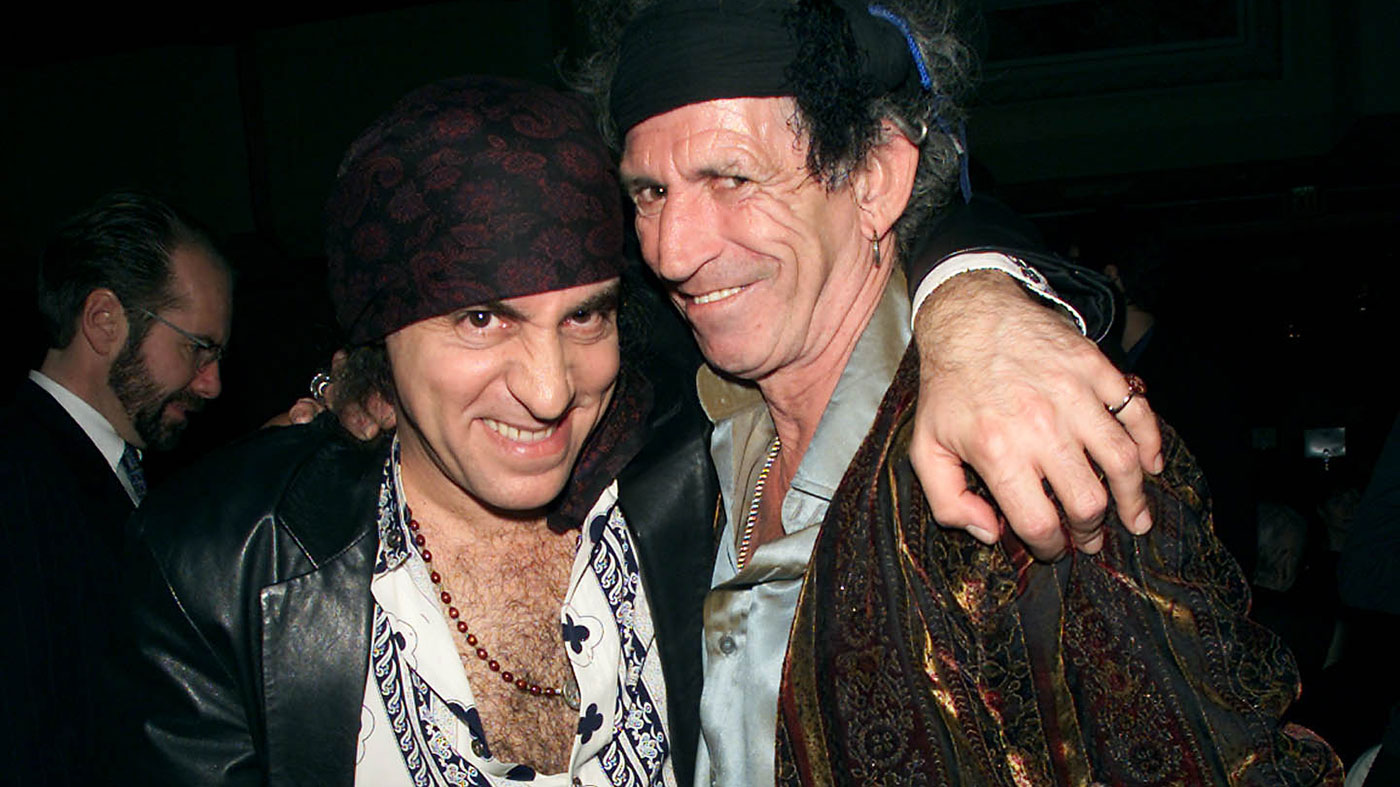
Don’t be a hero
A 20-second solo beats 20 minutes
“We all had to be guitar heroes in the '60s, but then comes the '70s and some people continued to love to do 10-minute guitar solos, but I’d had enough of it. I thought, ‘I don’t enjoy it; I’ve heard every possible solo I’m going to hear.’ I’m much more excited by the 20-second solo that Jeff Beck is going to on [The Yardbirds'] Shapes Of Things than I am the 15-minute solo he’s going to do when they jam it. That was just my own taste.
I don’t care if you’ve listened to something 100 f***in’ times - you don’t know it until you can physically play it
“I love the level to which the guitar got to, but I love Jimmy Page in [The Yardbirds'] Little Games. I loved Eric Clapton on Sunshine Of Your Love in that 20 or 30 seconds in the middle of that song. That’s the way I went. The solo in Badge is phenomenal, you know, and that requires an absolute expertise to get there. That’s what I appreciate most myself. That’s what really got me off , personally. So I went that way. Showing everybody what a great guitar player I am just didn’t matter to me.”
You don’t know it until you can play it
Underestimate the skill of early rock players at your peril
“For me, and most of my generation, you started off with George Harrison and Keith Richards. The one guy that they really had in common was Chuck Berry. So you go back and study Chuck Berry and that’s a good place for everybody to start. He has a unique style, but it’s quite useful.
“Then once the Claptons and Becks began to take over, we started to look at what George Harrison and Keith Richards were doing as rather primitive, but I was in a jam with Paul McCartney a few months ago and I had to learn the solo in I Saw Her Standing There. Let me tell you something, man: it ain’t easy!
“You really start to appreciate these things once you start to sit down and learn them. That goes back to our craft discussion, you know? Listening to something, I don’t care if you’ve listened to something 100 fuckin’ times and you think you know it - you don’t know it until you can physically play it.”
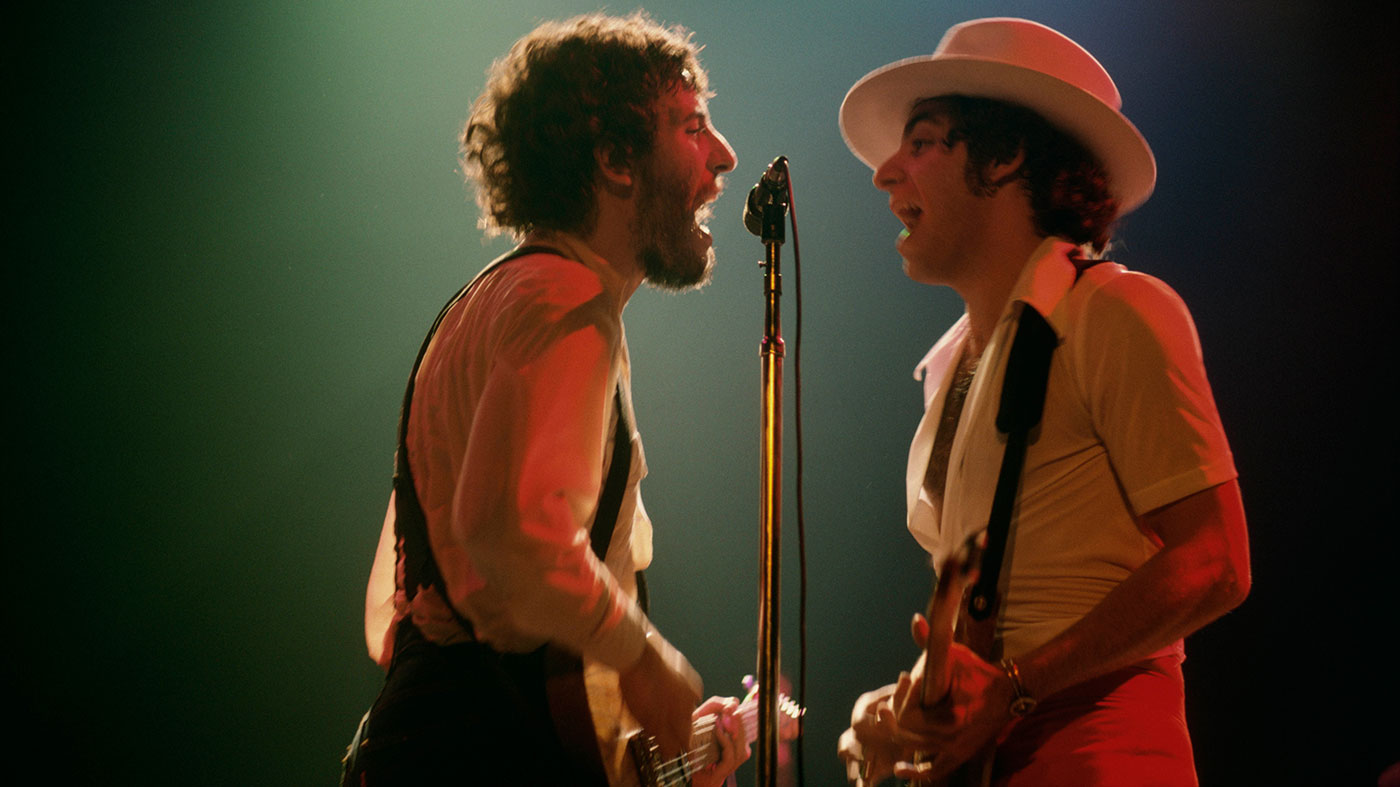
Nobody’s born great
Fan the flames to an inferno
“I’ve come to the decision that greatness absolutely exists in all of us, but you must earn the right for it to be liberated. The easiest example for me was watching Bruce Springsteen, who was an interesting kid, but nobody thought he was great, you know? The more I got to know him, I found something special in him, but nobody else really did for quite a long time.
I’ve come to the decision that greatness absolutely exists in all of us, but you must earn the right for it to be liberated
“In his case, he’s the most focused human being I’ve ever met and the most consistent and just the hardest worker. He worked at it and worked at it and worked at it. He does it for a couple of albums and, you know, there’s some very interesting things on them but they’re not quite connecting. He digs deeper and comes up with Born To Run, which was a breakthrough, but didn’t break him. There are eight songs on the album and I think he wrote nine.
“So this is ’74 or ’75, he’s been in this now for 10 years, playing consistently. Now [for Darkness On The Edge Of Town] he goes from writing nine songs to writing 60. Then, between Darkness… and The River, he must have written 120 songs. And I mean, really, really good ones! How do you go from writing eight songs to 120? Well, the greatness broke through. I don’t think that’s an unusual example. If you can spend enough time working at it, it’s gonna happen.”
Friendship means honesty
Conduct of the consigliere
“Honesty is part of the obligation of friendship, I do sincerely believe that. To do this day, I’m probably the only guy in the world not afraid of Bruce Springsteen. Believe me, it’s the one thing I envy about him: he has this wonderful, wonderful ability to scare the hell out of everybody!
It’s the one thing I envy about Bruce: he has this wonderful, wonderful ability to scare the hell out of everybody
“I did feel back then that it was the obligation of friendship, of the best friend, if you will, to sometimes deliver the bad news because no one else is going to do it. And, of course, you’ve got to take the heat - no one likes hearing bad news and they’re going to, at first, be angry with the messenger. Then later, on thinking about it, they’re going to realise it was really the message, not the messenger, but you’ve got to say to yourself, ‘Hey, if you’re going to be somebody’s friend and not just be some guy hanging around, you’ve got to do it.’
“We took that relationship right into The Sopranos, by the way, and we used it. There are scenes where Silvio is telling Tony Soprano something he doesn’t want to hear and Tony goes off on him, you know? It was the same schtick. I’d written a biography of that relationship where I had Silvio and Tony growing up together and basically used my relationship with Bruce in that fictitious biography.”
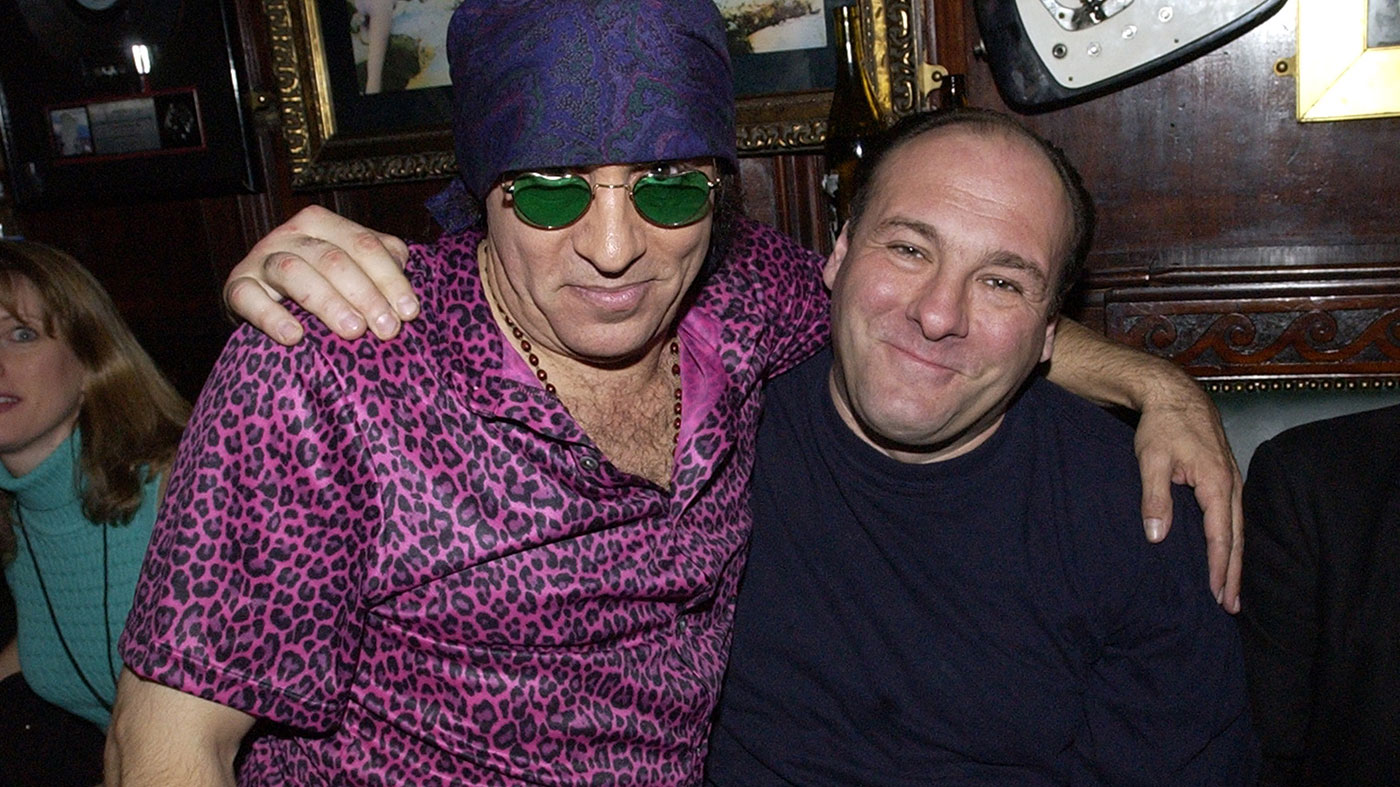
Do what you have to do
Because sometimes you have to turn down the pay cheque
“When it came to leaving The E Street Band, it wasn’t courage - if anything it was stupidity. After 15 straight years of work, we finally had broken through and started getting a decent pay cheque and, in my genius career move, I leave. But I just felt compelled.
Rock ’n’ roll brought down a government. Would it have inevitably fallen one day? Probably. But we certainly hurried up the process
“I had become obsessed with politics. I had been reading about all of the horrors going on in Latin America with our own government being on the side of the local dictators. I just felt like a German citizen in the 30s, watching them round up Jews and turning my head away. It gets in your blood and occasionally you do things that are not particularly logical, but I did what I had to do.
“In the end, the one obvious accomplishment was what we did in South Africa. There’s no doubt in my mind that what we did - and I mean the big ‘we’. Because there was a lot of us: me and Jerry Dammers and Peter Gabriel and Jim Kerr and Gil Scott Heron and the 50 artists involved in Artists United Against Apartheid - but rock ’n’ roll brought down a government.
“Would it have inevitably fallen one day? Probably. But we certainly hurried up the process by couple of years, I’ll tell you that. And people were dying every day. You say, ‘Okay, if that’s what destiny had in mind for me, if those lives cost me a hundred million dollars, so be it. Fuck it!’”
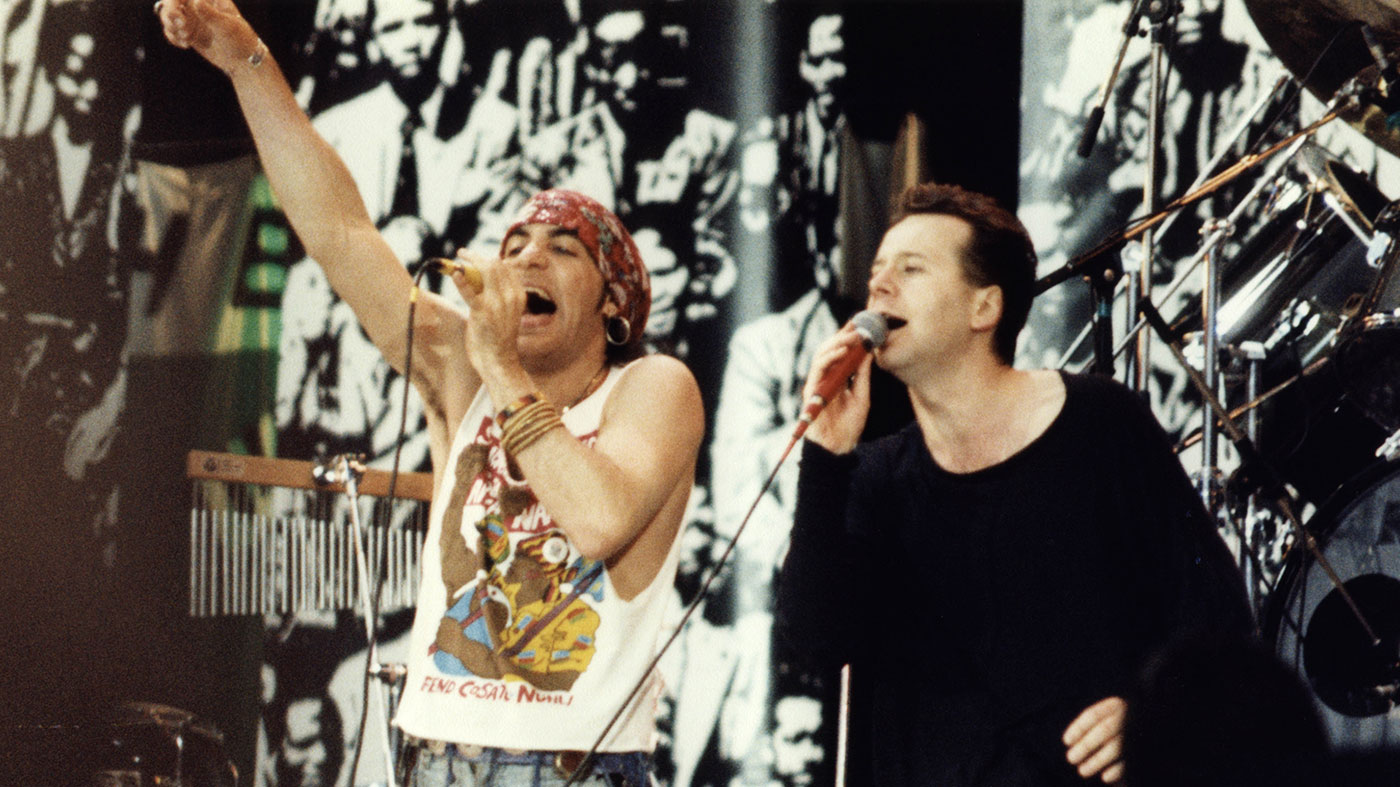
10 questions for Steven Van Zandt: "Acoustic around the campfire? That’s just never going to happen…"
Matt is a freelance journalist who has spent the last decade interviewing musicians for the likes of Total Guitar, Guitarist, Guitar World, MusicRadar, NME.com, DJ Mag and Electronic Sound. In 2020, he launched CreativeMoney.co.uk, which aims to share the ideas that make creative lifestyles more sustainable. He plays guitar, but should not be allowed near your delay pedals.


